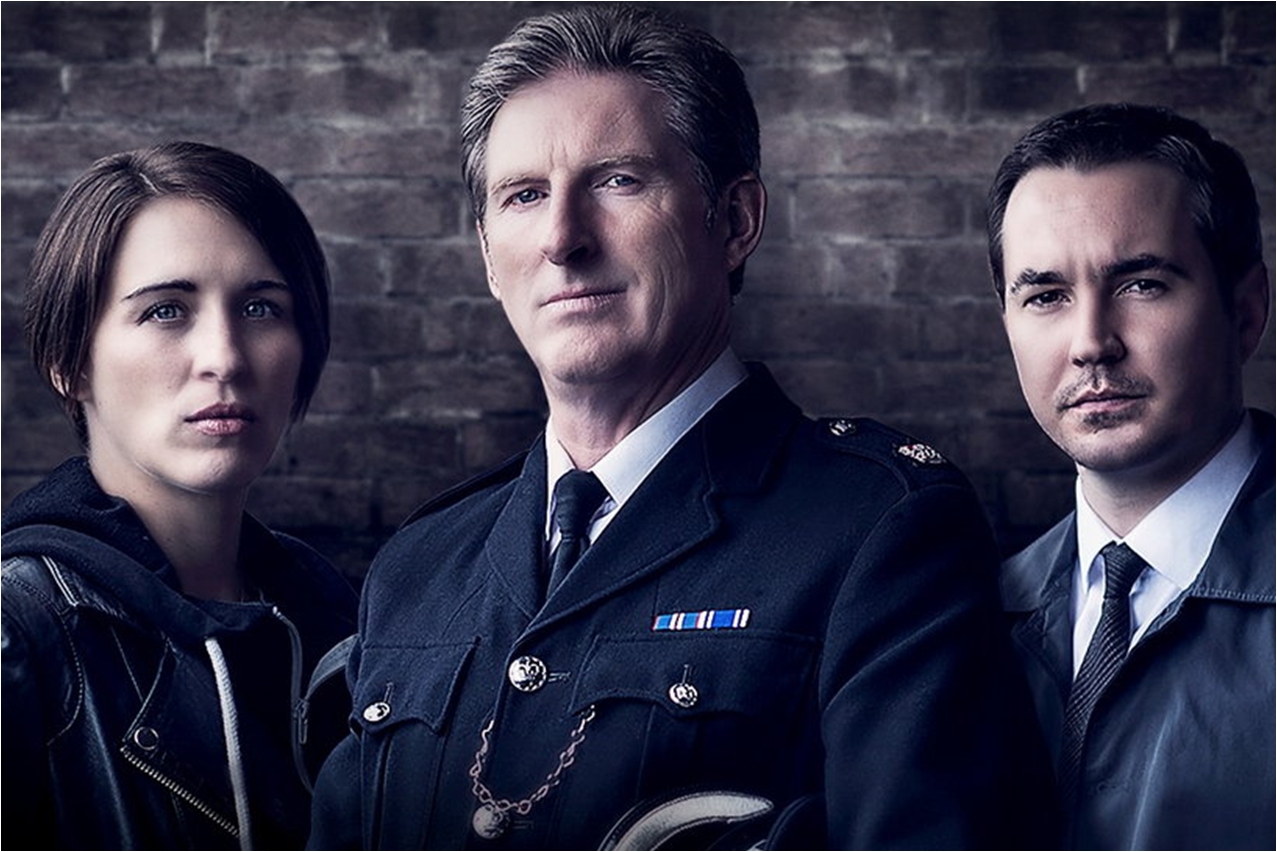Revisiting Randall Flagg: 4 Theories That Reshape Stephen King's Novels

Table of Contents
- The Supernatural Origins of Randall Flagg: Demon, Devil, or Something Else Entirely?
- Flagg as a Force of Chaos and Destruction: Embodiment of Anarchy and Societal Collapse
- The Psychological Interpretation of Randall Flagg: A Reflection of Human Darkness
- The Evolutionary Narrative of Randall Flagg: A Character Arc Through Stephen King's Works?
- Conclusion: Revisiting Randall Flagg and the Enduring Mystery
The Supernatural Origins of Randall Flagg: Demon, Devil, or Something Else Entirely?
Theories surrounding Randall Flagg's origins often delve into the supernatural. Is he a fallen angel, a demon, or something even more sinister? His existence transcends simple human evil; his power and longevity suggest something far more ancient and potent.
Analyzing textual evidence from The Stand, The Eyes of the Dragon, and other novels strengthens these claims. Flagg's influence permeates these stories, hinting at a being of immense power and influence. Consider these key points:
- Flagg's seemingly immortal nature and ability to manipulate events: He appears across multiple novels, seemingly unaffected by time or consequence, subtly guiding events toward chaos and destruction. His influence spans centuries, suggesting a power beyond mere mortal comprehension.
- His unsettling charisma and power over others: Flagg possesses a dark charisma that captivates and controls those around him. This manipulative ability allows him to sow discord and amplify existing societal fractures, a critical element of his destructive capabilities.
- Connections to ancient mythology and demonic lore within King's works: Many scholars note subtle connections between Flagg and figures from ancient mythology, suggesting a lineage far older than human history. This links him to a deeper, more powerful, and inherently evil force.
Flagg as a Force of Chaos and Destruction: Embodiment of Anarchy and Societal Collapse
Randall Flagg isn't just a villain; he's a catalyst for societal breakdown. He thrives on chaos, expertly exploiting human weaknesses to sow discord and bring about anarchy. His role extends beyond individual acts of evil; he is a force of nature, embodying the potential for societal collapse.
His manipulative tactics are evident throughout King's novels. He doesn't simply commit acts of violence; he manipulates power structures, corrupts individuals, and capitalizes on existing societal tensions. Consider these examples:
- Flagg's influence on the breakdown of order in The Stand: In this apocalyptic novel, Flagg masterfully exploits the survivors’ vulnerabilities, building a following through fear, manipulation, and false promises.
- His role in corrupting power structures in other novels: Flagg consistently targets those in positions of power, corrupting them and exploiting their authority to achieve his own destructive ends.
- The parallels between Flagg's actions and real-world instances of societal collapse: Flagg's methods echo real-world events, suggesting that he represents a symbolic embodiment of the forces that can lead to societal breakdown.
The Psychological Interpretation of Randall Flagg: A Reflection of Human Darkness
A compelling theory suggests that Flagg isn't just a supernatural being; he's a reflection of the inherent darkness residing within humanity. He embodies the worst aspects of human nature – ambition, greed, cruelty, and a lust for power.
This interpretation provides a powerful lens through which to examine Flagg's motivations and actions. He's not just a monster; he's a mirror reflecting the destructive potential within us all. Consider these facets of his character:
- Flagg’s charismatic yet manipulative personality: His charm masks his true nature, allowing him to exploit the insecurities and desires of those around him.
- His ability to prey on people’s insecurities and desires: Flagg expertly identifies and targets the vulnerabilities of others, using their weaknesses against them.
- The mirroring of Flagg’s characteristics in various human characters throughout King’s works: Many human characters in King's novels share traits with Flagg, highlighting the pervasiveness of evil within humanity.
The Evolutionary Narrative of Randall Flagg: A Character Arc Through Stephen King's Works?
Revisiting Randall Flagg across Stephen King's vast bibliography reveals a fascinating evolution. His portrayal shifts subtly, his methods adapt, and his motivations remain shrouded in mystery. Does this suggest a personal agenda, or is he simply a force of chaotic destruction with no higher purpose?
Comparing his appearances in The Stand, The Dark Tower series, and other novels reveals a complex character. Analyzing these appearances illuminates a potential evolution, prompting new questions about this enduring villain:
- Comparing Flagg's portrayals in The Stand, The Dark Tower series, and other appearances: Note the subtle differences in his demeanor, methods, and overall impact across King's diverse works.
- Analyzing changes in his powers and methods across different novels: Has Flagg's power grown or changed over time? Does he adapt his methods to suit the situation or remain consistently destructive?
- The potential for future appearances and further development of his character: The enduring mystery surrounding Flagg leaves room for potential future appearances and further explorations of his character and motives.
Conclusion: Revisiting Randall Flagg and the Enduring Mystery
Revisiting Randall Flagg reveals a complex and multifaceted villain whose significance extends far beyond his role as a simple antagonist. These four theories—exploring his supernatural origins, his role as a force of chaos, his psychological implications, and his evolving narrative—offer a richer understanding of this iconic figure in Stephen King's oeuvre. By examining these perspectives, we can gain deeper insights into the themes of good versus evil, societal collapse, and the inherent darkness within humanity that permeate King's work. So, continue revisiting Randall Flagg and explore these theories further—what are your interpretations of this enduring villain?

 Ayo Edebiris Sharp A Time Travel Movie You Missed On Netflix
Ayo Edebiris Sharp A Time Travel Movie You Missed On Netflix
 Compston Opens Up Will There Be Another Line Of Duty Series
Compston Opens Up Will There Be Another Line Of Duty Series
 Sabrina Carpenter Fortnite Guide Complete Character Overview And Tips
Sabrina Carpenter Fortnite Guide Complete Character Overview And Tips
 Child Soldiers In Yemen Driving Amidst Conflict And Crisis
Child Soldiers In Yemen Driving Amidst Conflict And Crisis
 Gypsy Rose Life After Lockup Full Episodes And Exclusive Clips
Gypsy Rose Life After Lockup Full Episodes And Exclusive Clips
